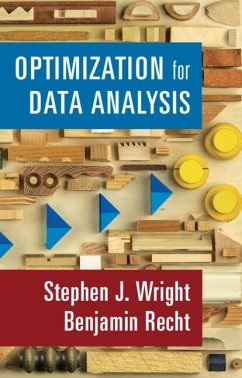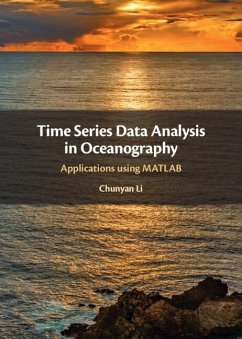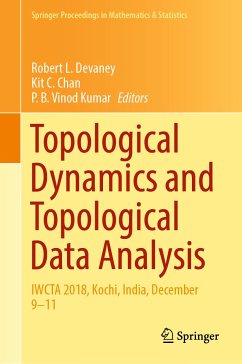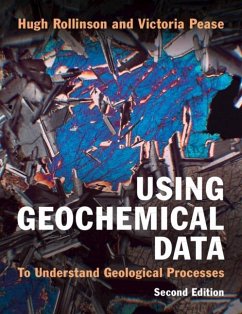
Computational Topology for Data Analysis (eBook, PDF)

PAYBACK Punkte
18 °P sammeln!
Topological data analysis (TDA) has emerged recently as a viable tool for analyzing complex data, and the area has grown substantially both in its methodologies and applicability. Providing a computational and algorithmic foundation for techniques in TDA, this comprehensive, self-contained text introduces students and researchers in mathematics and computer science to the current state of the field. The book features a description of mathematical objects and constructs behind recent advances, the algorithms involved, computational considerations, as well as examples of topological structures o...
Topological data analysis (TDA) has emerged recently as a viable tool for analyzing complex data, and the area has grown substantially both in its methodologies and applicability. Providing a computational and algorithmic foundation for techniques in TDA, this comprehensive, self-contained text introduces students and researchers in mathematics and computer science to the current state of the field. The book features a description of mathematical objects and constructs behind recent advances, the algorithms involved, computational considerations, as well as examples of topological structures or ideas that can be used in applications. It provides a thorough treatment of persistent homology together with various extensions - like zigzag persistence and multiparameter persistence - and their applications to different types of data, like point clouds, triangulations, or graph data. Other important topics covered include discrete Morse theory, the Mapper structure, optimal generating cycles, as well as recent advances in embedding TDA within machine learning frameworks.
Dieser Download kann aus rechtlichen Gründen nur mit Rechnungsadresse in A, B, BG, CY, CZ, D, DK, EW, E, FIN, F, GR, HR, H, IRL, I, LT, L, LR, M, NL, PL, P, R, S, SLO, SK ausgeliefert werden.













